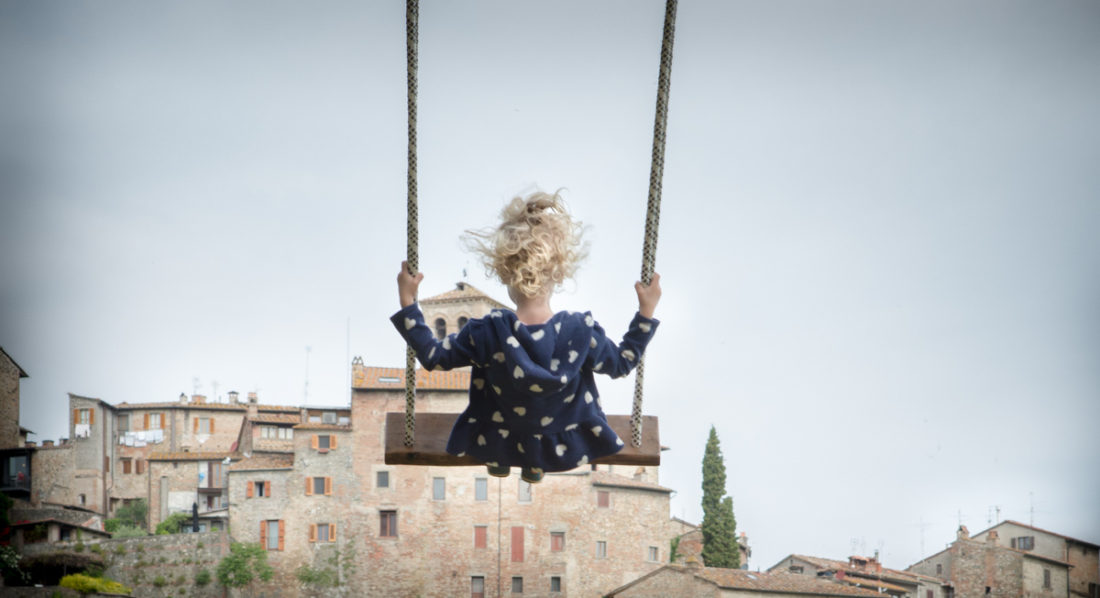August 24, 2018
In
About, Live
By
Nancy
I’ve always been a bit of a control freak, thinking that if I can get the most in-depth information, take my vitamin D3, get the “best” teachers for my kids, walk 10,000 steps a day, and have just the right black cashmere sweater, that I may be able to slightly control life’s path. So stupid really, but inescapable for me.
Moving to a small village that seems to operate in its own dimension and century, navigating another culture, getting along in a language I barely speak, all these things have not only blown away any illusions I had of control, but have made me realize that I can function quite well in life having basically no idea what is going on around me most of the time. And that, in some ways, is a tremendous relief. Because I have to trust those around me to an astounding degree. Maybe it’s part of what has drawn me to stay.
The way we ended up choosing our village set the tone for this shift. When we decided to have a one-year family adventure, we didn’t do a grand tour of villages to check out the schools, talk to locals about expat life, and look at possible housing choices. Quite to the contrary, initially we were set on a major European city with a well-connected airport and lots going on culturally. Partially to reassure ourselves (and we thought better justify to our clients) that our year abroad would be “worth it”.
But the kids kept asking for more of an adventure (as did our hearts), so we decided to find a choice that was as different from our lives in Berkeley as possible. And it turned out true adventure for us was a small village, in Italy, a country that we had never been particularly romanced by, but had citizenship in through John’s grandparents.
We scoured the internet for year-long vacation rentals and found it—a beautifully restored apartment in a mostly unrestored convent from the 1600s in a small Tuscan village. And we decided, sight unseen, about the village, and place to live. And moved. And let everything fall into place. Which it did beyond what any amount of careful planning could have yielded.
It was one of the first times I found myself surfing the wave rather than thinking about how to surf the wave. And one of the oddest things of our new life was that, leading up the one-year mark, when we had to find another place to live, we never had a family discussion about whether to stay or go—all of us were coming into ourselves in such profound ways that it never even came up to go back to our old life.
And it keeps unfolding—this not being well-informed or on top of anything, but feeling like that’s the right thing. And that is at the heart of Itch, the spirit of adventure, leaps of faith, amazement, struggle, failure, and joy.
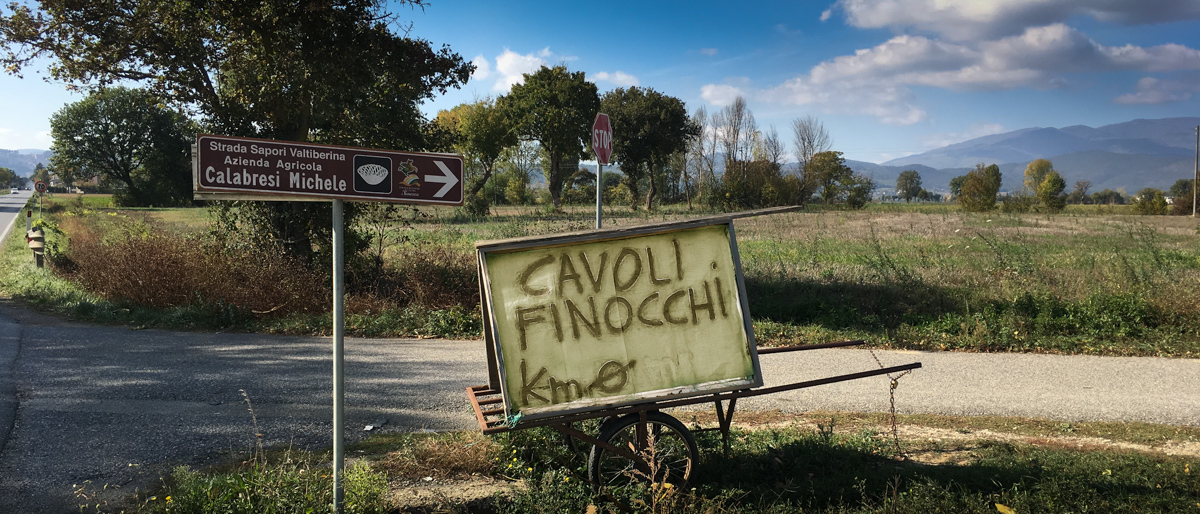
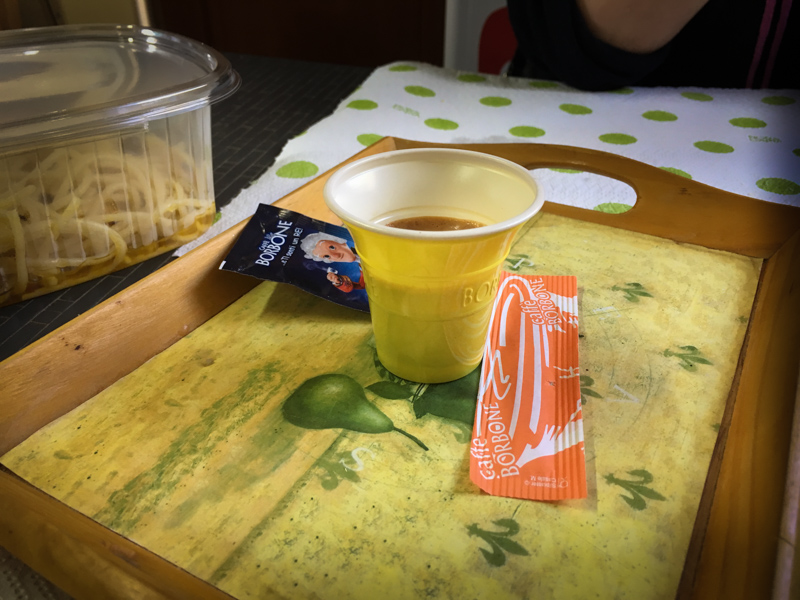


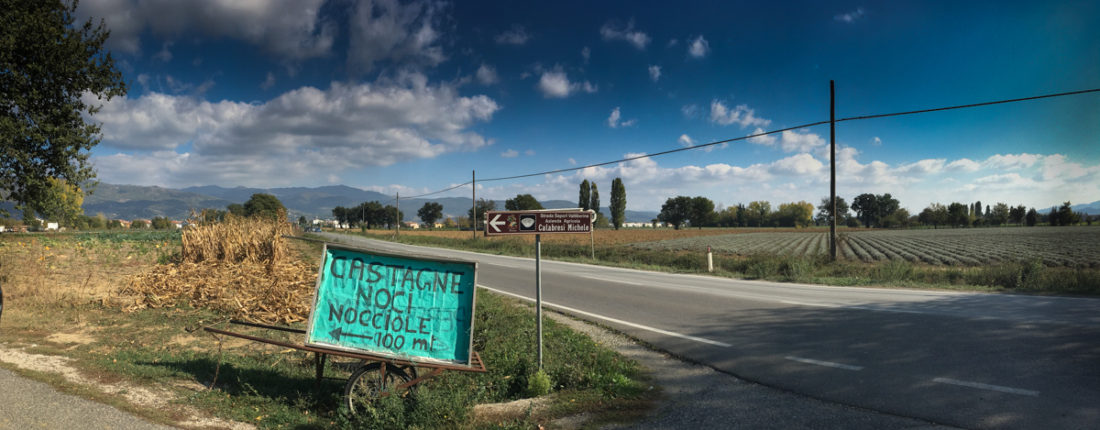




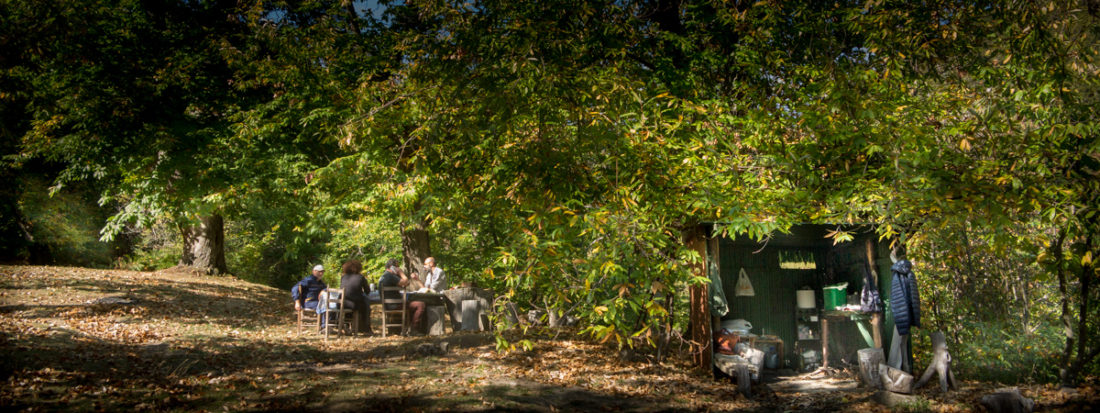


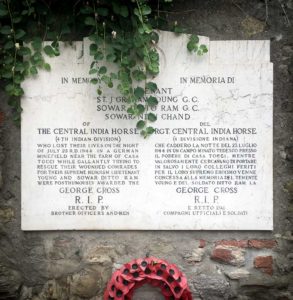 There’s a rumor that this plaque—which stands next to
There’s a rumor that this plaque—which stands next to 
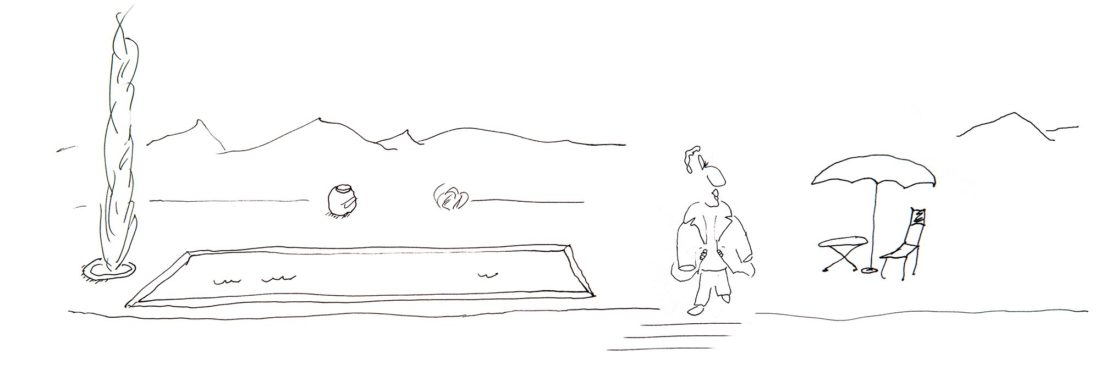
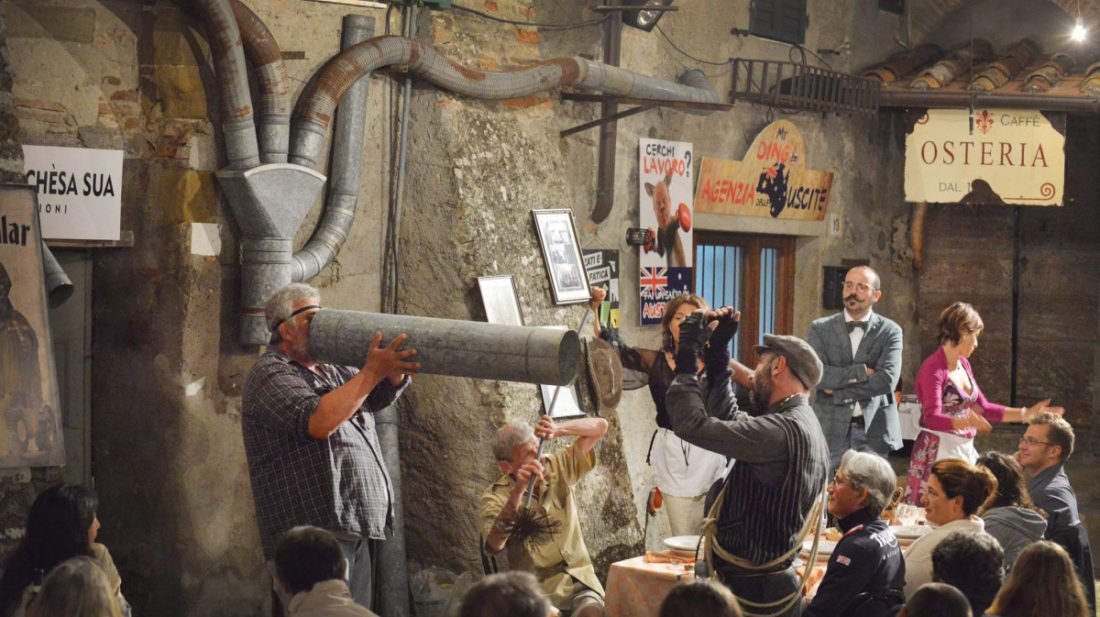
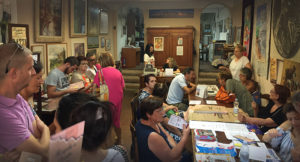 The town wildly embraces this annual tradition. There are 130 seats for each of the 10 shows and tickets sell out almost immediately. I went to buy mine the morning the tickets were available, arrived 15 minutes after the office opened, and found myself 66th in line. The entire process took hours!
The town wildly embraces this annual tradition. There are 130 seats for each of the 10 shows and tickets sell out almost immediately. I went to buy mine the morning the tickets were available, arrived 15 minutes after the office opened, and found myself 66th in line. The entire process took hours!
